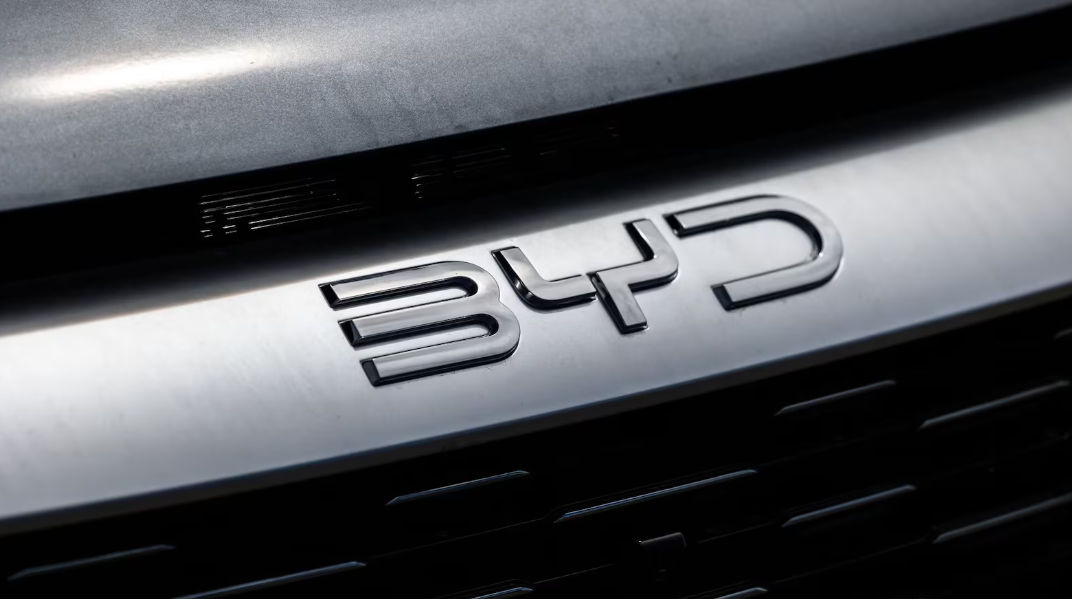Brazilian authorities have halted the construction of a factory for the Chinese electric vehicle (EV) manufacturer BYD, citing reports of workers being subjected to conditions similar to “slavery.”
According to Brazil’s Public Labour Prosecutor’s Office (MPT), over 160 workers were rescued from a construction site in the northeastern state of Bahia. The workers were allegedly forced to live in “degrading” conditions, with their passports and wages withheld by the building company.
In response, BYD stated that it had severed its ties with the company involved and reaffirmed its commitment to fully complying with Brazilian laws.
The factory, which was set to begin operations by March 2025, was to be BYD’s first electric vehicle (EV) plant outside of Asia. The workers, employed by Jinjiang Construction Brazil, were housed in four facilities in Camaçari city.
At one of these facilities, prosecutors reported that workers were forced to sleep on beds without mattresses. Additionally, each bathroom was shared by 31 workers, requiring them to wake up very early to be ready for work.
The Public Labour Prosecutor’s Office (MPT) described the living conditions as “alarming” and “degrading,” and deemed them to be “slavery-like” under Brazilian law. This includes situations of debt bondage and labor that undermines human dignity. The MPT also classified the situation as “forced labor,” as many workers had their wages withheld and faced high penalties if they tried to leave the job.
In response, BYD confirmed that the affected workers were relocated to hotels. The company also stated it had conducted a “detailed review” of the working and living conditions for subcontracted employees and had repeatedly asked the construction firm to improve the situation.
BYD, which stands for Build Your Dreams, is one of the largest electric vehicle (EV) manufacturers globally. In the final quarter of 2023, it surpassed Tesla in EV sales, as both companies competed for the top spot in the industry.
The company has also been expanding its presence in Brazil, its largest international market by far. BYD opened its first factory in São Paulo in 2015, initially producing chassis for electric buses. Last year, the company announced a plan to invest 3 billion reais ($484.2 million) in Brazil to establish an EV production facility.
In China, EV sales have been boosted by government subsidies that encourage consumers to replace their gasoline-powered vehicles with electric or hybrid models. However, there is increasing resistance abroad to what some view as unfair support from the Chinese government for its domestic car manufacturers. Major markets like the US and the EU have imposed tariffs on Chinese-made EVs, with additional tariffs anticipated under the incoming administration of US president-elect Donald Trump.














